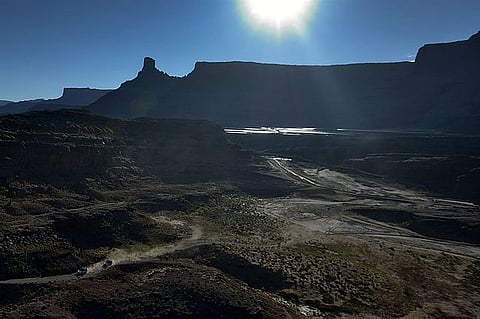By : Isabella Thomas
People looking to diversify their investment portfolios may wish to purchase land. There is a finite amount of land in the world today, making this a good option for those looking to maximize their returns. However, people must understand how to buy land in their desired part of the world. The following are insider tips for individuals looking to purchase land in Central America.
Raw Land
When buying land in Central America, a person must know what they are getting. Raw land refers to any land that is undeveloped or unused, and this type of land is what most investors look for. They know they can get the land at a low price and sell it for a profit at a later date. However, certain things must be considered when purchasing this land.
The ground must be solid if it is to be developed now or in the future, and water must be available. Surrounding properties must come into consideration when purchasing the land. Learn whether the seller has any agreement with surrounding owners, so problems don't arise when the sale is complete. Road access will be needed to bring heavy equipment onto the property, and zoning issues must be considered.
Land Investment Options
Land investment opportunities come in many forms. While the land may be raw, knowing what it can be used for in the future is important. Some land is ideal for residential development, while another property might be better suited for commercial development. A person may wish to invest in land for farming purposes or to raise livestock.
At times, a person might want to use the land for recreational purposes only. They may have no plans to build on the property and want the land solely to fish, hunt, or engage in other recreational activities. Knowing what the land will be used for is important to ensure the right property is purchased.
Financing the Land
A person will find it is more difficult to purchase undeveloped land than it is to buy a home today. As the land isn't being used as the purchaser's primary residence, they can walk away from the property at any time. Lenders consider this when determining whether they want to take on the risk of providing a loan.
To reduce the risk they take on, lenders typically require a larger down payment for the purchase. In fact, the down payment may be as high as 50 percent of the purchase amount. Furthermore, interest rates run higher on these loans.
A person needs to have liquid assets to invest in land. They must also ensure this money can remain illiquid for an extended period. Consider working with a local lender to see more favorable terms. A local lender might have a special financing program for investors looking to purchase raw land.
Rights and Restrictions
An investor must know of any restrictions placed on the land by local authorities. Know the local zoning laws and any regulations regarding the area where the land is located. In addition, learn about mineral rights, littoral rights, and more. This information allows a buyer to know whether the land they are purchasing can be used as they intend.
Purchasing land can be a wise investment if the owner does their due diligence. This should never be an impulse buy, as a person might find they made a large financial mistake. Research the property and ensure it fulfills all requirements before moving forward with the purchase. People who do so find they have an investment that will benefit them financially in the future. [GP/JS]


